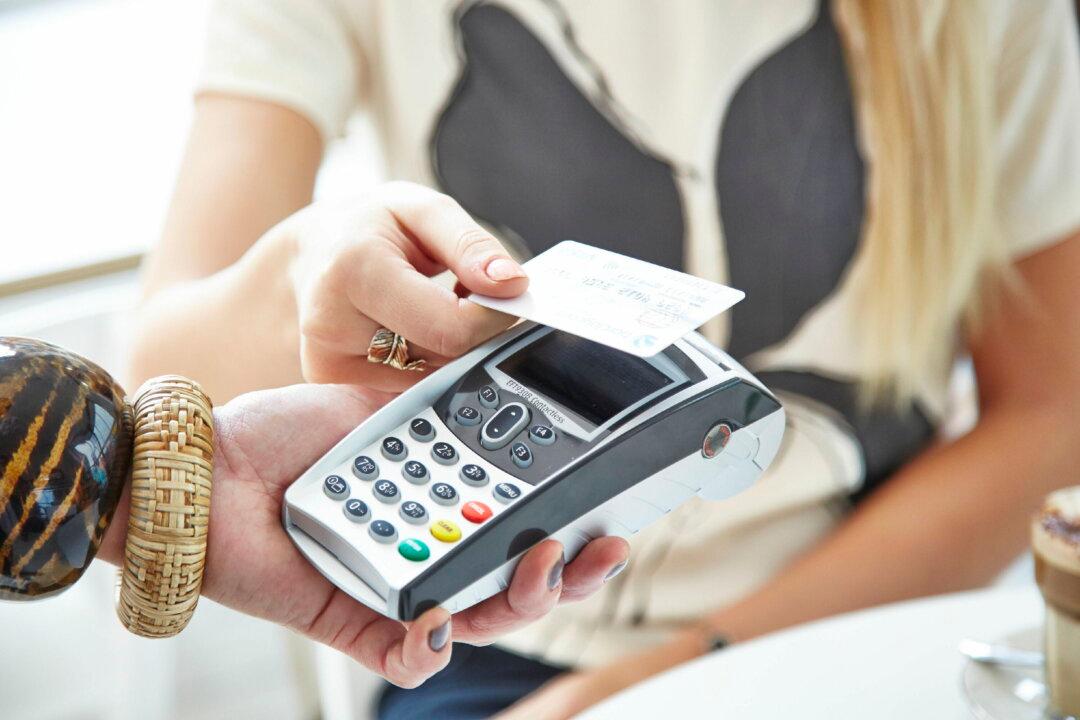The author of a new book has warned of a “false narrative” being peddled by UK corporations and banks, and being supported by politicians, that the drive towards a cashless society is being driven by consumers and is an inevitable sign of technological progress.
Brett Scott, a former finance industry worker who has written “Cloudmoney: Cash, Cards, Crypto and the War for our Wallets,” said the banks and Big Tech companies have framed a narrative in which cash is the “horsecart” of payments, which will inevitably be replaced by the “car,” represented by digital payments.





